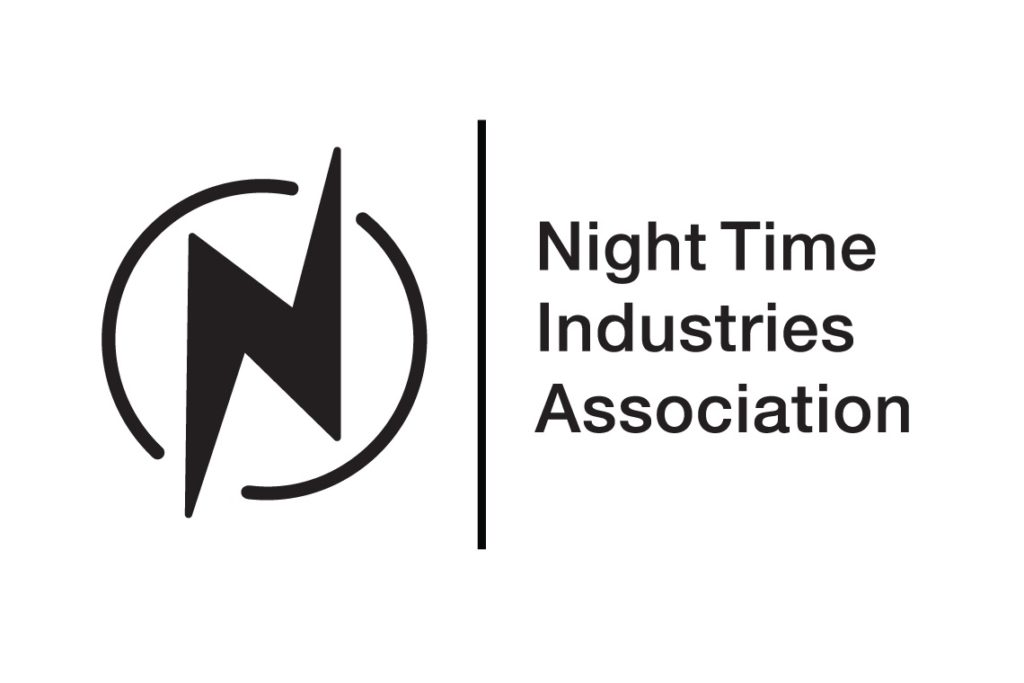
NTIA Welcomes Bluenote License Decision But Questions Police’s Role in Defining Culture
Night Time Industries Association (NTIA), has welcomed the decision to grant a license to the Bluenote Jazz venue in London, following a highly contested process. However, the case has sparked significant concern over the growing influence of policing in cultural matters, highlighting tensions between public safety narratives and the protection of the UK’s cultural spaces.
Michael Kill, CEO of the NTIA, said:
“The decision to grant Bluenotes license has been warmly welcomed — but the fact that it reached this point is deeply troubling. This wasn’t a question of the operator’s ability or compliance; it was about exerting control over the space surrounding the venue.
The police objection even challenged whether music and dance should be considered culture – a stark reminder of how reductive and narrow our official definitions have become.
When enforcement replaces understanding, we risk shaping a society based not on what we should nurture, but on what can be policed. As Philip Kolvin KC aptly said, ‘When Thelonious Monk wrote Round Midnight, he wasn’t referring to the terminal hour of licensing.’
We have to ask: are the police really the right authority to define culture? If we’re not careful, we won’t just lose venues — we’ll lose the cultural vibrancy that gives our cities their soul.”
